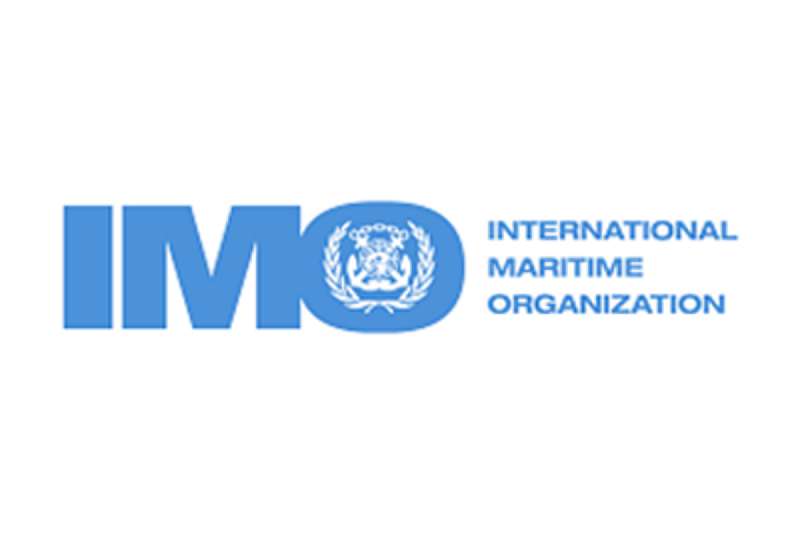IMO
Every development in world history is due to a factor or factor that may arise over time. IMO, the International Maritime Organization was established in the same way. Various industries are developing around the world. Among these industries, shipping is recognized as a truly international industry. Because cargo transportation is clean and cost-effective, it also serves more than 90% of world trade by other merchant ships. As such, it has become a necessity to establish an international organization.
Why was İMO established?
Any ship in the world can be managed by a management chain spanning many countries. These ships spend most of their time at sea between various jurisdictions. Therefore, at the beginning of the last century, the existence of a universal governing body was needed. So they wanted to set the standards for regulating the worldwide shipping process and industry. Thus, the IMO, called the International Maritime Organization, emerged. The first international treaty of any kind between countries is based on the treaty on the safety of life at sea. Acknowledged by several nations, SOLAS was established in Geneva in 1948 IMO after the Titanic disaster. However, it was not implemented in a meeting held in London, which had its headquarters, until 1959. IMO's governing body meets every two years. All member states take part in this assembly. A council between sessions of the council acts as the governing body.
Aims of the International Maritime Organization
The main purpose and responsibility of the International Maritime Organization are to prepare comprehensive regulations for the maritime industry and its activities such as maritime safety, security, technical cooperation, environmental issues, and legal issues. Developing and maintaining the framework of its policies is also among the aims of this organization. IMO has successfully fulfilled this task with expert committees and sub-committees in the center since its establishment. Numerous delegates and experts from member countries, non-governmental organizations, and intergovernmental organizations participate in the sessions organized by these committees. In short, the international maritime organization aims to advance modern society towards a better and healthier trade and transportation environment. İMO plays a very important role in taking the right steps towards this goal.

